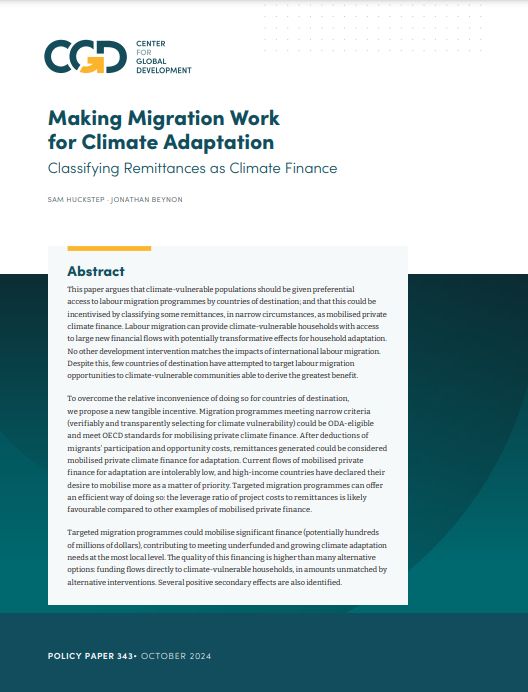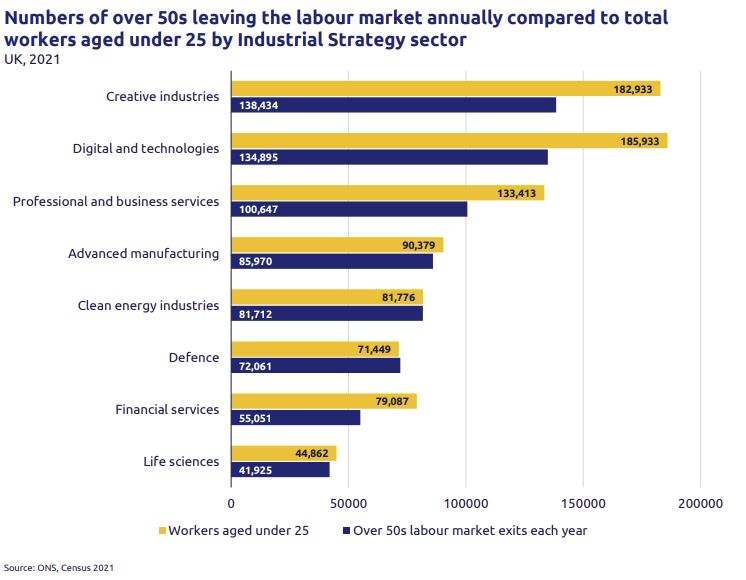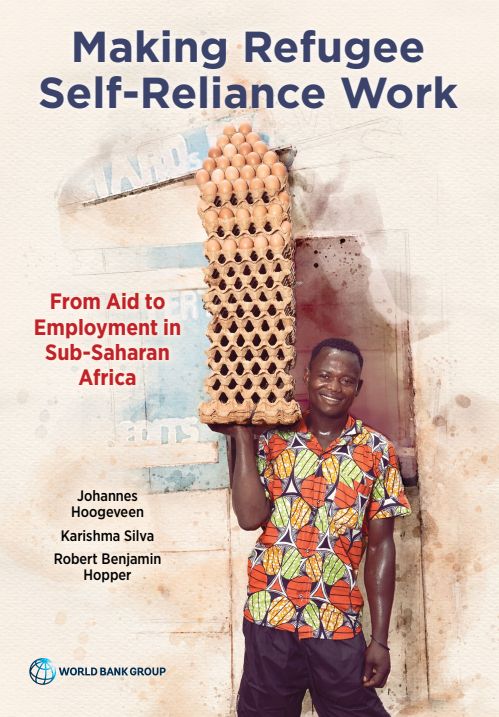Sam Huckstep
@samhuckstep.bsky.social
420 followers
490 following
330 posts
Working on climate, migration, governance & green transition at CGDev. Any views mine.
Posts
Media
Videos
Starter Packs
Pinned
Reposted by Sam Huckstep
Sam Huckstep
@samhuckstep.bsky.social
· Sep 3
Sam Huckstep
@samhuckstep.bsky.social
· Aug 28
Sam Huckstep
@samhuckstep.bsky.social
· Aug 28
Sam Huckstep
@samhuckstep.bsky.social
· Aug 28
Sam Huckstep
@samhuckstep.bsky.social
· Aug 28

Net zero transition at risk of stalling amid shortfall of 42,000 workers
The Powering Skills Organisation warns the current energy workforce of 300,000 energy, gas and renewables sector workers will not be sufficient to meet demand and further investment in training will b...
www.abc.net.au
Sam Huckstep
@samhuckstep.bsky.social
· Aug 28
Sam Huckstep
@samhuckstep.bsky.social
· Aug 27
Sam Huckstep
@samhuckstep.bsky.social
· Aug 27
Climate-induced redistribution of people is not inevitable - IOPscience
Climate-induced redistribution of people is not inevitable, Boas, Ingrid, Sterly, Harald, Farbotko, Carol, Hulme, Mike, Benveniste, Hélène, Schewel, Kerilyn D, Bettini, Giovanni, Borderon, Marion, Hof...
doi.org












